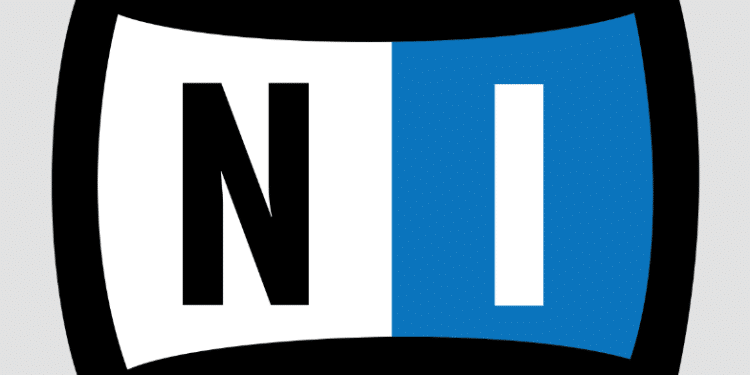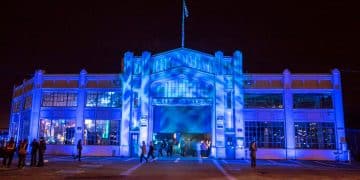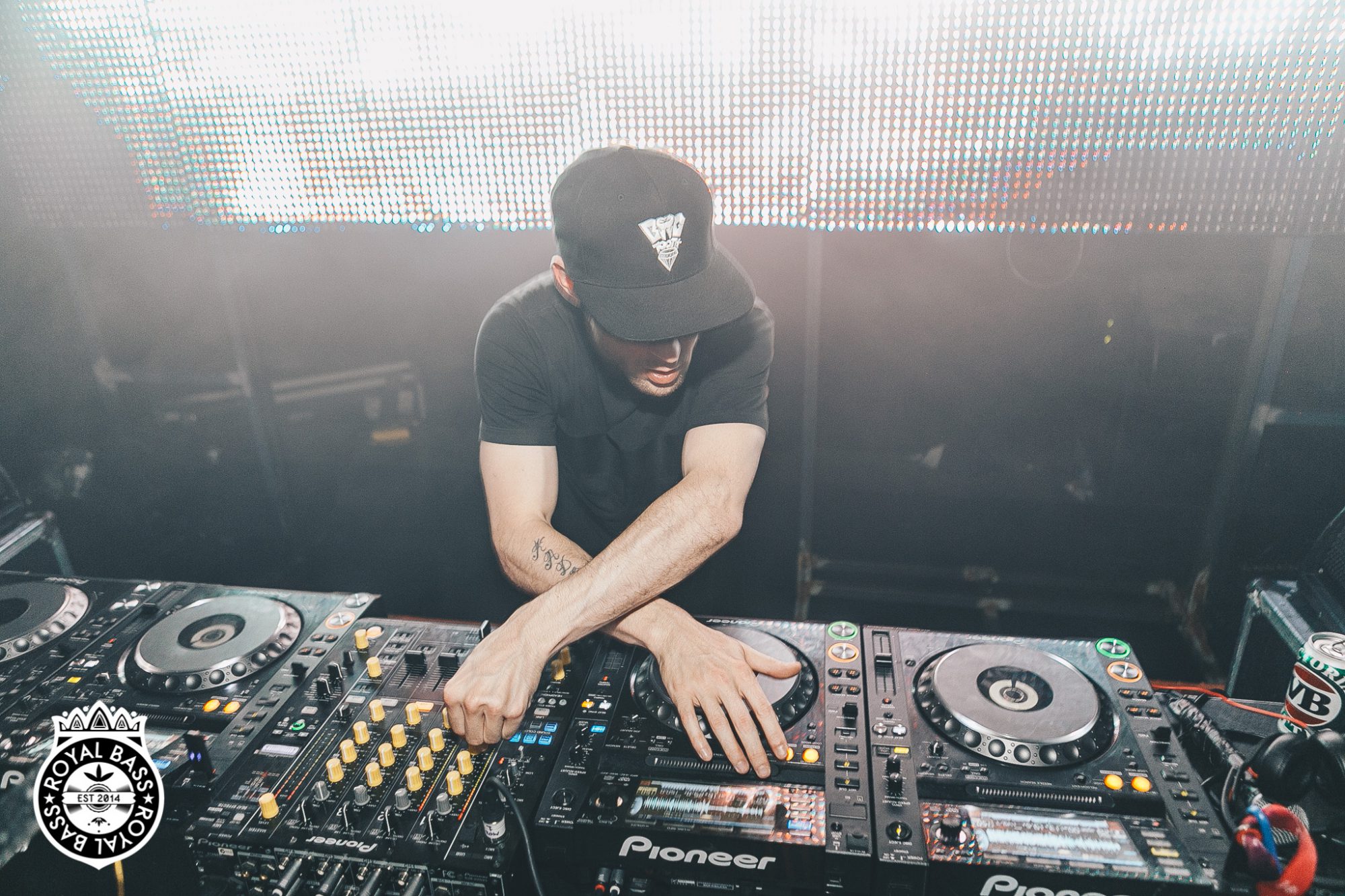ID&T, F1 Dutch Gran Prix, DGTL, and more call for court proceedings against Dutch Government over latest COVID-19 event restrictions.
Updated as of Friday July 16:
Announced late Thursday, the Dutch Government agreed to work with the event companies to resolve the situation amicably for both sides. The Dutch courts issued a stay on the hearing pending resolution of the discussions between the parties, now totaling 40, and the Dutch Minister of Health Welfare and Sports. A wide range of topics will find discussion and discourse to enact actions and protocols for events to occur and adhere to safety for guests. This includes multiple day festivals, camping arrangements, and so forth. The parties hope to reach an agreement with access to testing and requirement for attendance, a push away from social distancing requirements, and clear guidelines on how the government can enforce future restriction when or if necessary.
Original content follows below:
The continued pageantry and joy we experience at public events comes with significant investment behind the scenes. Event organizers spend months and significant cash flow to ensure stages are set up, talent booked, accommodations arranged, and so on. Security, ticket management, and more also play a role as organizers do their best to produce the best possible event at the largest scales.
Obviously, COVID-19 restrictions threw the biggest monkey wrench into event logistics and management the modern world has ever seen. Cancellations, refunds, and lock-downs crawled events to practical non-existence during the greater part of the last year. The Netherlands saw the same issues much of the world faced as it shuttered it borders and asked people to socially isolate in a precaution to not overrun limited medical supply lines.
As 2021 debuted a broader reaching vaccination process, and more citizens of the world gained access to the vaccine, government restrictions relaxed on social gatherings – first to your closer circle, and recently to the broader public. However, our public servants cautioned us to remain vigilant, pushing for individual responsibility as we head back into a social world. A new outbreak could always mean returned restrictions.
Setting up the timeline that led to the proceedings
Two weeks ago, with a rising populace vaccinated against the known COVID-19 variants, the Dutch government loosened restrictions on gatherings and events. Bars, nightclubs, and festivals poised to entertain fans again in the small country. Venues could open without requiring masks or social distancing enforcement. Fans of sports teams could attend matches again. It appeared that life was turning towards the old normal.
Enter the rising concern over the highly infectious Delta variant of COVID-19. Worldwide, there is rising evidence suggesting that it is potentially more transmissible than other variants. The variant continues to stoke fear of new lock-downs in the public sphere as we all venture forth into gatherings.
In The Netherlands, the Delta variant is responsible for the rapid growth in infection rates. As reported in Reuters, the surge in those testing positive in The Netherlands went from fewer than 1,000 cases to nearly 7,000 cases per 24 hours. This led to quick action by the Dutch government to reestablish restrictions on businesses such as nightclubs, music festivals, and restaurants to halt the rapid spread of the virus, particularly in younger, more socially active people. As Prime Minister Mark Rutte stated on 9 July “Our goal is to rein in the virus, protect the vulnerable groups and make sure the healthcare system is not overrun.”
What do the restrictions entail and for how long do they last?
The measures enacted by the Dutch Government should look familiar to much of the world: earlier closing of cafes and restaurants, a return to social distancing, and enforcement of fixed seating for diners or concerts. Unfortunately, it also closes all dance venues and nightclubs as there would be no formal way to ensure social distancing. In addition, the restrictions force cancellations of festivals spread over several days and large public gatherings are again restricted to smaller groups.
Per the latest round of government restrictions, the new orders last until 14 August 2021.
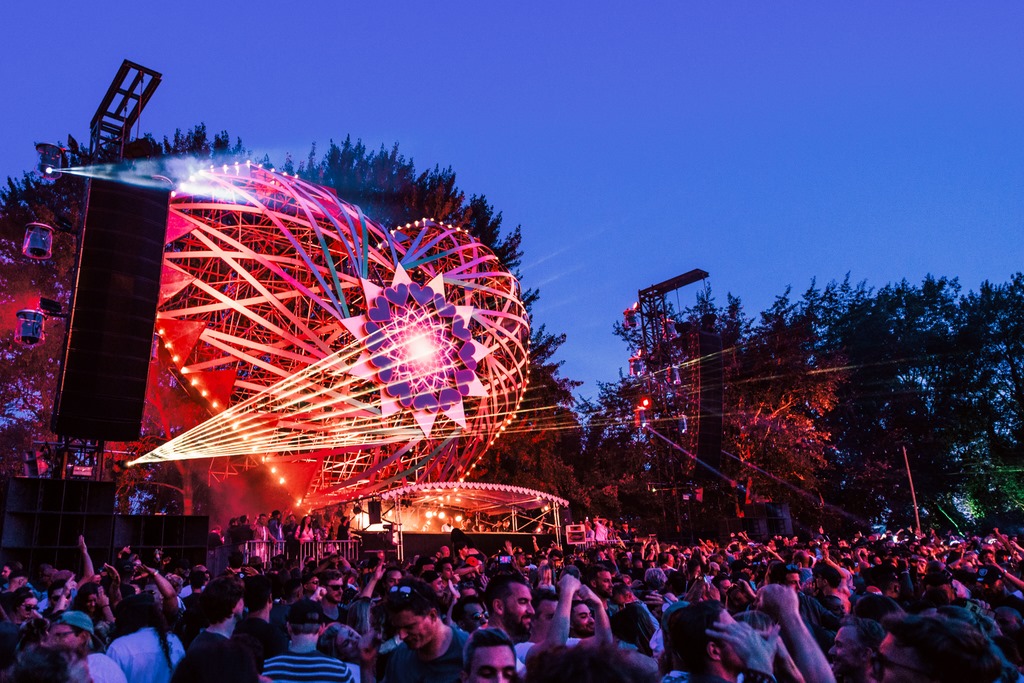
The path forward and the upcoming court proceedings
The restrictions seem out of place with many event organizers for one noteworthy reason: the rapid growth in positive cases is not also causing a rapid growth in hospitalizations – one of the chief reasons the original lock-downs occurred. While low hospitalization rates are a positive indicator that vaccines help curb the danger of COIVD-19, the Dutch Health Minister Hugo de Jonge cautioned that the current low level of hospital admissions could be threatened by an “unprecedented” increase in infections. Hence, the government’s actions.
The restrictions seem out of place with many event organizers for one noteworthy reason: the rapid growth in positive cases is not also causing rapid growth in hospitalizations – one of the chief reasons the original lock-downs occurred. While low hospitalization rates are a positive indicator that vaccines help curb the danger of COIVD-19, the Dutch Health Minister Hugo de Jonge cautioned that the current low level of hospital admissions could be threatened by an “unprecedented” increase in infections. Hence, the government’s actions.
However, where does that leave businesses that just started the hard push to reestablish their footholds? How can they react to restrictions when they are putting contracts in place?
In short, this is the crux of the thirty companies complain to the courts. The Dutch company Fieldlab Events conducted test events in February to see how indoor events can safely mitigate a reasonable level of risk for attendees. Their results and its accompanying report offer recommendations so events could safely reopen in the country, and with the eased restrictions event organizers restarted their event production and planning efforts.
The united parties, therefore, asked a judge to intercede on a preliminary basis with relief proceedings allowing public events, which follow the guidelines established in the Fieldlab Events reports. In a recently released statement, they said, “These conditions for organizing a safe event, without social distancing, have been drawn up on the basis of carefully conducted research and extensive experiments that Fieldlab Events carried out earlier this year, and have also been endorsed by the Dutch government.”
So who are the interested parties?
The biggest name undoubtedly for the dance music fans in this legal action is ID&T. One of the grandfathers of large-scale dance events, ID&T today hosts Sensation, Mysteryland, and Decibel Outdoor. In the past, they also carried on events like Trance Energy, Innercity, and cultivated the success of Q-dance – the world’s largest hard dance brand.
In addition, the following companies/brands joined the suit: F1 Dutch Grand Prix Zandvoort, DGTL, Don’t Let Daddy Know, 24-uurs Solexrace, 4PM Entertainment, A Venue Events, Absolutely Fresh, Apenkooi, Apex Event Productions, BeetjeDansen Events, BZB, Chasing the Hihat, De Wijze Uil, E&A, Elevations Events, Feestfabriek, First Vision, HockeyLoverz, Intents Events, Life Over Future, Minority Events, Nomads, One of the Guys, Par-T, Paaspop, Rebirth Events, Rotterdam Dance Parade, Sensation Events, Sportvibes, Thuishaven Events, Toffler, Trees of Live, UDC, and ZeeZout.
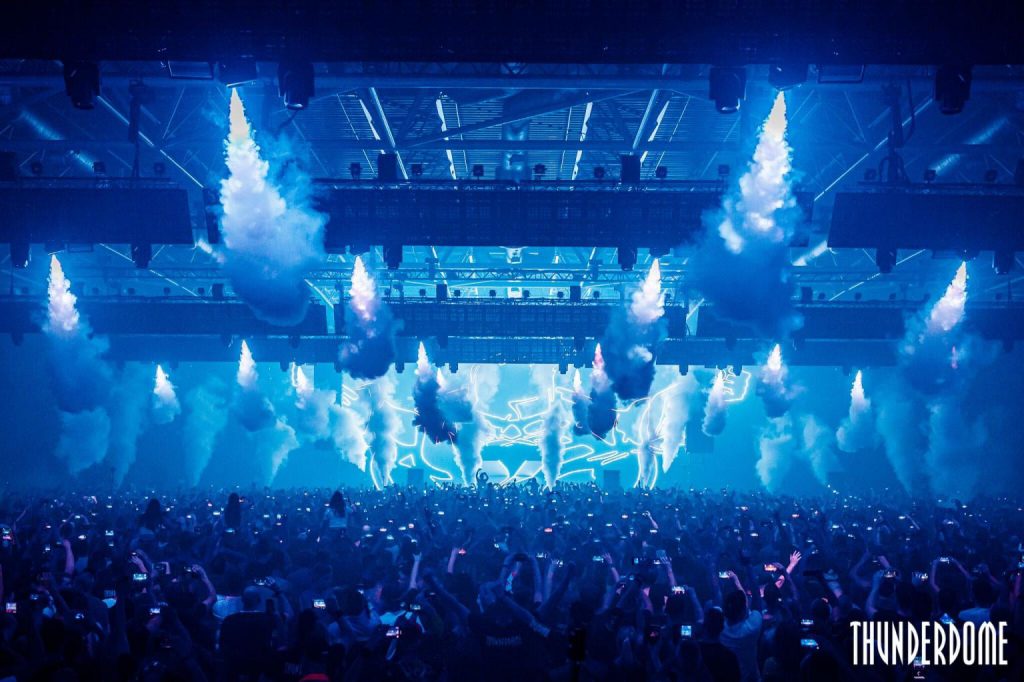
What happens next?
As this story continues to develop, it is possible events and festivals rapidly return to The Netherlands. The courts in The Hague, are set to have a hearing on Friday 16 July 2021. Depending on the verdict and ruling, events could be frozen and held to the new ruling, or return and occur in masse barring a worsening public health crisis in the country.
The Dutch Prime Minister Mark Rutte did issue comments on 12 July that he may have lifted restrictions too quickly. Commenting on the matter, Rutte said, “What we thought would be possible, turned out not to be possible in practice. … We had poor judgement, which we regret and for which we apologize.”
In particular, the role of the F1 Dutch Grand Prix Zandvoort will be interesting to watch. The F1 event, scheduled for 03 through 05 September 2021, is after the current measures expire. However, it could be at risk by both rising COVID-19 cases and the uncertain market because of government restrictions. How any event company can weather the uncertainty in the current state of the world is difficult, at best, to predict.
In addition to the outcome in The Netherlands, this action may spark a wave of support for event companies, and press the legal issues the handling of the pandemic generates. Whatever happens, as things continue to develop, the staff at EDM Identity will do its best to provide you objectivity and report the issues as they come up. Stay tuned for more on this story.



